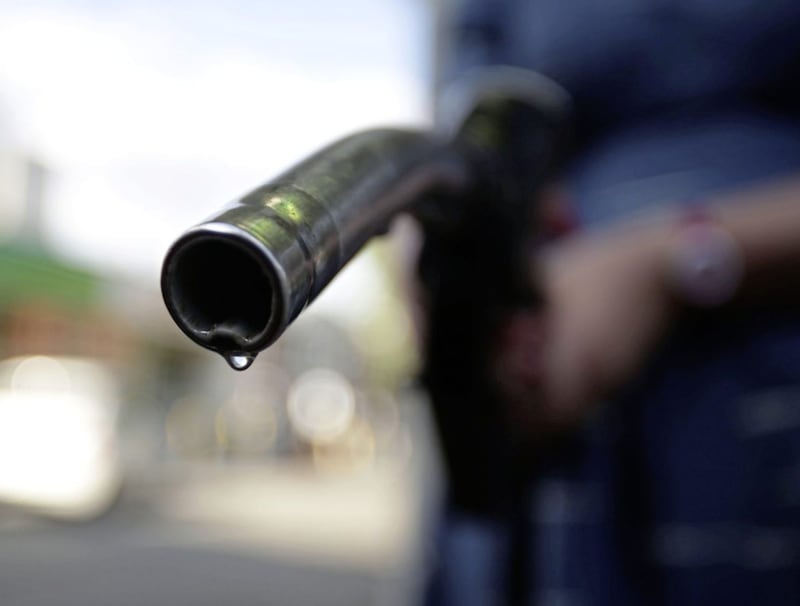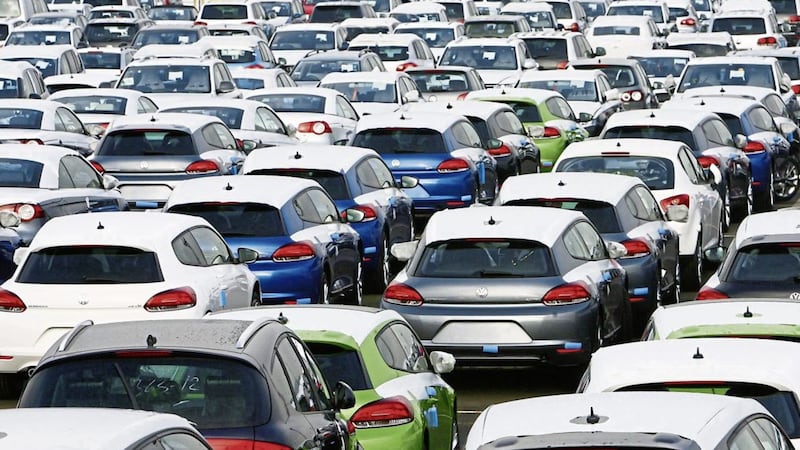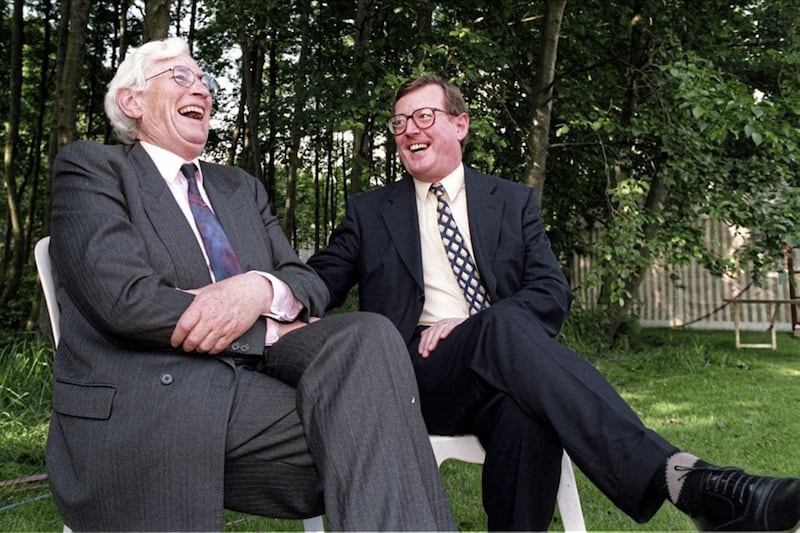WE awake this morning, dear reader, to a brave new world/post-apocalyptic nightmare* as we discover the outcome of the General Election and the colour of a new government at Westminster.
Here in Northern Ireland we can look on only with envy because, whether it's May or Corbyn taking up residence in Number 10 today, at least they will be able to form a government - you know, that form of democratic expression thus far eluding those we have already elected to Stormont.
While there was some scope for mild interest - excitement is putting it too strongly, surely - in the results of traditionally closely contested constituencies like South Belfast and Fermanagh and South Tyrone, it is generally accepted that the local parties' respective campaigns were as underwhelming as an episode of Last of the Summer Wine.
This was, it should be noted, an improvement on the dismal assembly contest earlier this year. It was as underwhelming as entire box sets of Last of the Summer Wine, a television series designed to give viewers some conception of eternity, only with fewer laughs.
But now that the last puff of carbon dioxide has been safely expelled from the intestine of the dead donkey that was the Westminster election campaign, it's worth remembering that the wheels of government trundle on regardless.
At least the General Election campgain was an improvement on the dismal assembly contest earlier this year. It was as underwhelming as entire box sets of Last of the Summer Wine, a television series designed to give viewers some conception of eternity, only with fewer laughs.
For example, a consultation on UK government proposals to tackle air pollution, particularly through cutting nitrogen dioxide emissions, was launched on May 5. It closes next Thursday, June 15.
You can read the 81-page document in all its glory on the Department of Agriculture, Environment and Rural Affairs website.
It is thin on concrete proposals and even in the context of a plan which focuses mainly on England - that's where most of the pollution is - the Northern Ireland element is a slender three-and-a-half pages.
In a further reminder of how dismal the last Sinn Féin and DUP executive was, the poor civil servant tasked with writing Northern Ireland's contribution has had to rely upon a programme for government that exists only in draft form.
This is a notch up from that executive's budget which didn't exist in any form at all. It is also a reminder that the draft programme for government was based on "strategic outcomes".
It is unclear if these are definite outcomes or draft outcomes, or even strategic draft outcomes or definite draft strategic outcomes. Or even what any of it actually means, in draft form or otherwise.
No matter, a list of truisms - "Northern Ireland benefits from the goods and services it provides" - and platitudes - "Ultimately, health and prosperity depend on its natural environment" follows
The closest it gets, in draft, to proposing action is saying things like it will 'promote the use of electric vehicles', 'invest in public transport' and 'build a safe and accessible cycling infrastructure'.
Getting people out of their cars and on to buses, trains and bikes is the goal. At least in draft form.
It is unclear if these are definite outcomes or draft outcomes, or even strategic draft outcomes or definite draft strategic outcomes. Or even what any of it actually means, in draft form or otherwise.
Draft Stormont lacks the tools to do this effectively, especially when the Real London government wants to "meet air quality standards within the shortest possible time".
It pledges that by 2050, "almost every" car and van will be a 'zero emission' vehicle.
Of the technologies realistically available at present, that means we will be driving cars with hydrogen fuel cells and electric motors instead of petrol tanks and diesel engines.
And at the moment, diesel is looking most vulnerable.
There was a time, back in the old days when Gordon Brown was chancellor and the British government was interested in Northern Ireland, that diesel was the hero fuel for cars.
The environmental debate then was all about greenhouse gases and how to cut the CO2 which contributed to this.
At the time, diesel engines produced around 15 per cent less CO2 than the equivalent petrol unit.
Mr Brown constructed a car tax system based on an engine's CO2 emissions - the lower your car's CO2, the less you pay - and diesel sales surged to overtake petrol's market share.
But it turns out that compared to petrol, diesel engines churn out four times as much nitrogen dioxide and 22 times more particulates - the gases and tiny sooty particles that scientists say can damage our lungs, heart and brains.
So, having encouraged us into using diesel in the first place, the government is now making noises about penalising the fuel.
It is one of the reasons that diesel sales are falling. This time last year, half of the new cars registered in the UK were diesel. That market share fell to 43.7 per cent last month, with 20 per cent fewer diesel cars registered than in May 2016.
Across Europe as a whole, diesel was down 15 per cent in April, and even in the Republic demand is cooling: the 70 per cent market share it held this time last year is now down to 66 per cent.
The shameless diesel emissions cheating that the Volkswagen Group committed, on an industrial scale, against the consumer is also affecting confidence.
It seems clear that the London government is going to make driving a diesel car more expensive in the near future.
Draft Stormont, meanwhile, can only dream of sucking diesel. Again.
*delete as applicable










